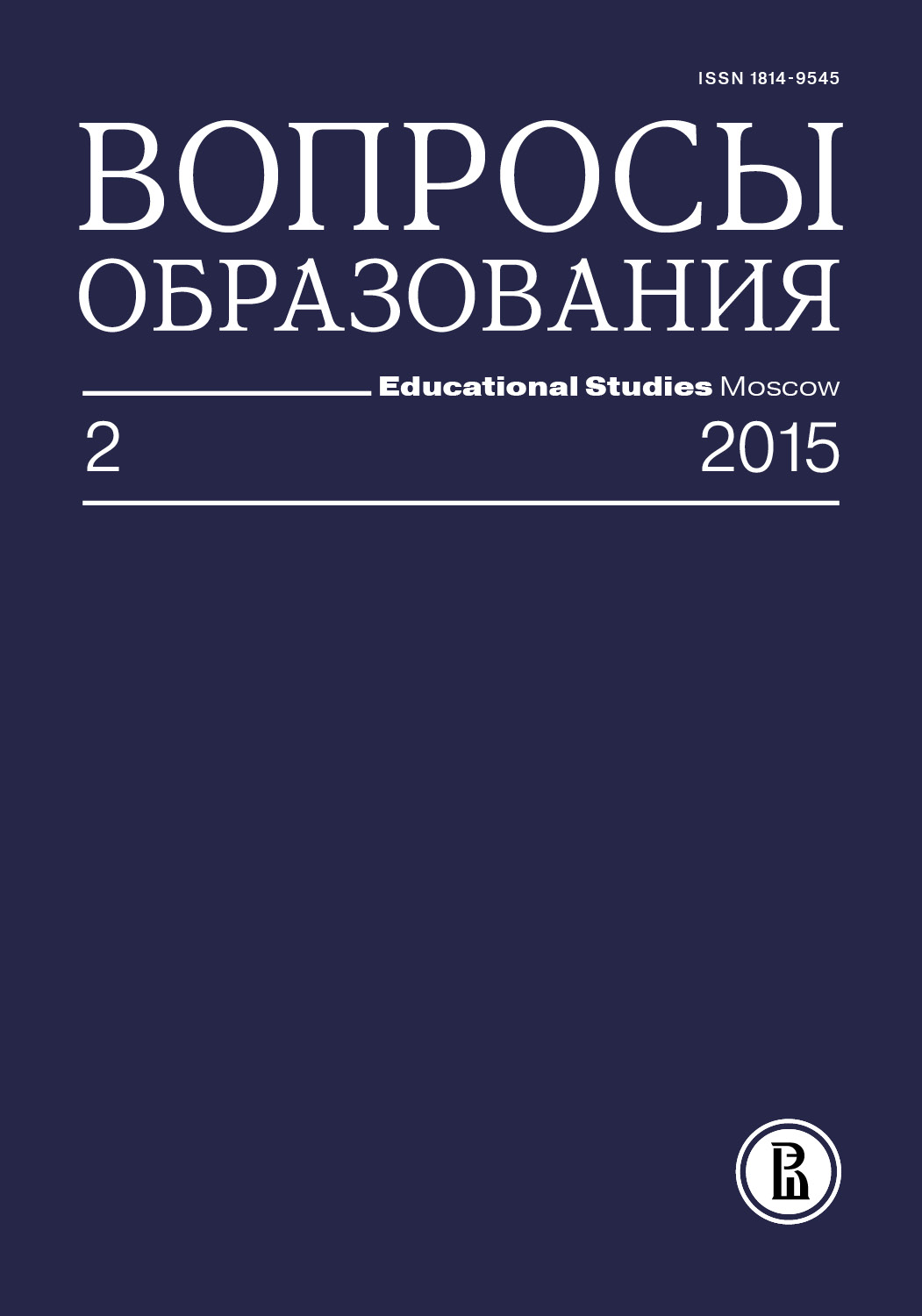Автономия в системе среднего образования: самостоятельность и подотчетность общеобразовательных школ в Казахстане
Аннотация
Проведен анализ законодательных актов, стандартов и официальных документов, администрирующих образовательный процесс в системе среднего образования, с точки зрения задаваемой ими степени самостоятельности организаций образования. Кроме того, приводятся данные интервью и фокус-групп с 46 администраторами и 95 учителями школ, гимназий и лицеев в разных регионах Казахстана, проведенных с целью изучения их представлений о содержании понятия «самостоятельность организаций образования» и их оценок актуальной степени самостоятельности учебных заведений, в которых они работают. Автор приходит к выводу, что предоставление школам большей самостоятельности и свободы является инициативой сверху, а не потребностью самих школ. Автономия становится вызовом для сегодняшних школ, так как большая степень самостоятельности предполагает более высокую ответственность.








